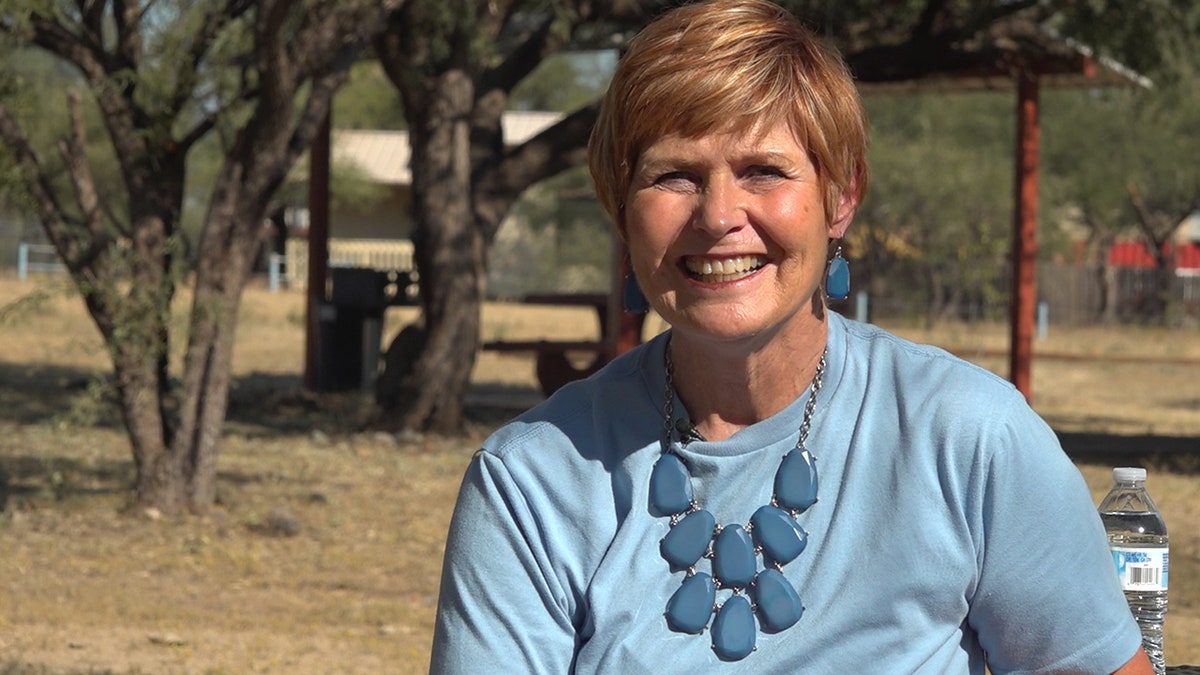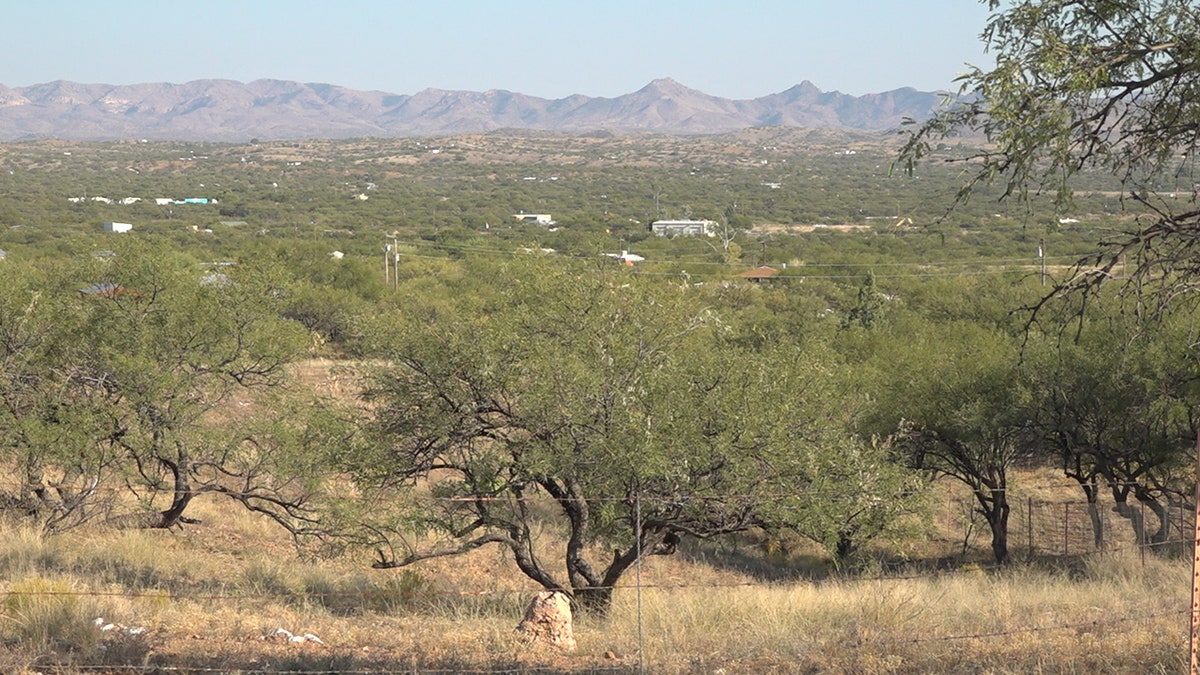Rural health care access & Obamacare impacts voter decisions
The topic of health care is front and center this upcoming election with both sides heavily divided. Specifically, Obamacare and having adequate access to services in rural areas may be impacting how doctors in Arizona will vote.
ARIVACA, Ariz – Kathleen Wishnick left the hustle and bustle of Sacramento for a new life in the rural deserts of Arizona more than 15 years ago.
She said her family wanted a “place in the middle of nowhere” and they found it in the small town of Arivaca, which boasts a population of about 684 people.
The peaceful setting has its perks, Wishnick told Fox News, but when it comes to health care, access is almost nonexistent.
“The roads when it rains are iffy...sometimes ambulances can’t get in… people said to us, 'Well you won’t have any health services,' I said well it’s just a helicopter ride away, but when it happens to you, you tend to rethink that just a little bit,” she said.
ARIZONA'S BATTLEGROUND COUNTIES START TALLYING EARLY BALLOTS

Kathleen Wishnick lives in Arivaca, Arizona, home to around 684 people. She says access to health care can be a challenge, as the nearest hospital is over an hour away (Stephanie Bennett/Fox News).
Wishnick says the town does have a clinic, but it’s only open certain days a week and has just two doctors. For more advanced procedures or to see a specialist, it involves driving to the closest hospital about an hour away.
With only days until the 2020 presidential election, the topic of health care access, insurance and affordability is front and center in Wishnick’s mind — and she is not alone.
According to the Kaiser Family Foundation, about 2.8 million Arizonans live in areas that the federal government says has a health care shortage — ranking 9th in the country overall.
“I believe everyone in Arizona and across the United States should have access to care,” Dr. Daniel Derksen, associate vice president for health sciences at the University of Arizona and director of the Arizona Center for Rural Health, told Fox News. “We are certainly spending enough as a nation and spending enough as a state to cover every single person with the care that they need, so that they get it when they need it, such as during a COVID-19 pandemic.”

Arivaca, Arizona is about 60 miles south of Tucson (Stephanie Bennett/Fox News).
THE PRESIDENTIAL ELECTION COMES DOWN TO THESE 9 STATES
Derksen said the Affordable Care Act – or ObamaCare – which former Vice President Joe Biden wants to protect and expand, is a good thing and would be harmful to rural residents to lose.
“We need to make sure that coverage is built upon not torn away … we need to build on the gains made, not throw things away and especially during a time where people really need the health care and access,” he added. “The Affordable Care Act does protect individuals from being charged more or being denied coverage or dropped from coverage once they exceed a certain amount.”
He said that about 20 million Americans could lose their health care – and more than half a million Arizonians – if provisions in the health care act went away.
President Trump, on the other hand, wants to scrap the Affordable Care Act and replace it with some sort of different plan. He’s spoken several times about lowering the cost of prescription medications.

The topic of health care is front and center this upcoming election with both sides heavily divided. (Stephanie Bennett/Fox News).
According to Dr. Jane Orient, the executive director of the Association of American Physicians & Surgeons, the Affordable Care Act actually isn’t so affordable and has caused nothing but trouble for millions of Americans.
“I know so many people who have lost their insurance three, four, five times. They get another plan, it’s much more expensive, the deductible is so high they might as well be uninsured because they can’t afford to use it,” she said. “You can’t make something affordable by adding on all types of regulations and requirements and mandates; it’s just not affordable.”
Either way, both doctors can agree that the cost of health care is currently too high in the United States and needs to be reduced. They say everyone deserves equal access to quality care.
CLICK HERE TO GET THE FOX NEWS APP
As for Wishnick, she says the little clinic in Arivaca works well for minor issues, but she worries about what will happen in times of emergencies.
“I would say it’s something that people think about a lot of the time, that’s one of the downsides when you move into a rural community; you don’t really think about those kinds of things,” she said.














































